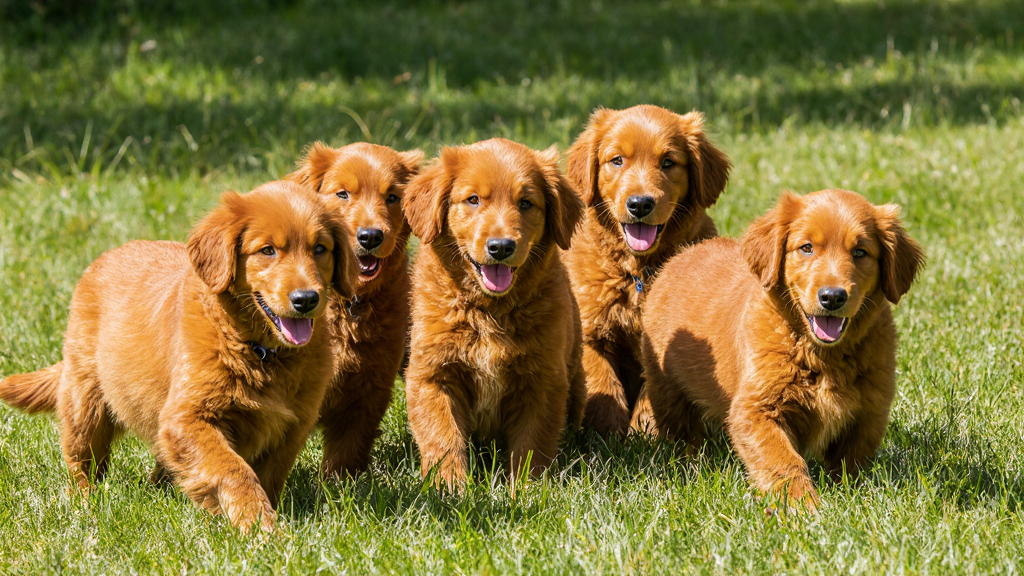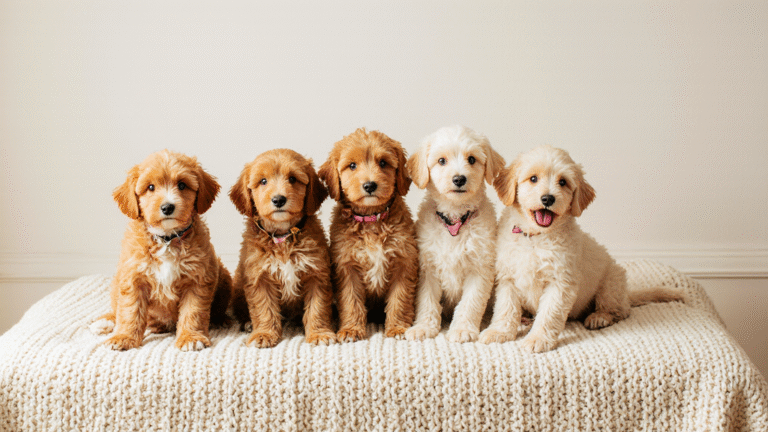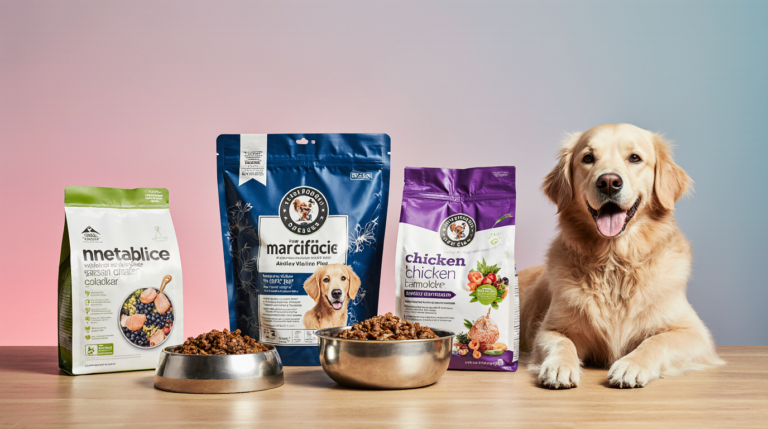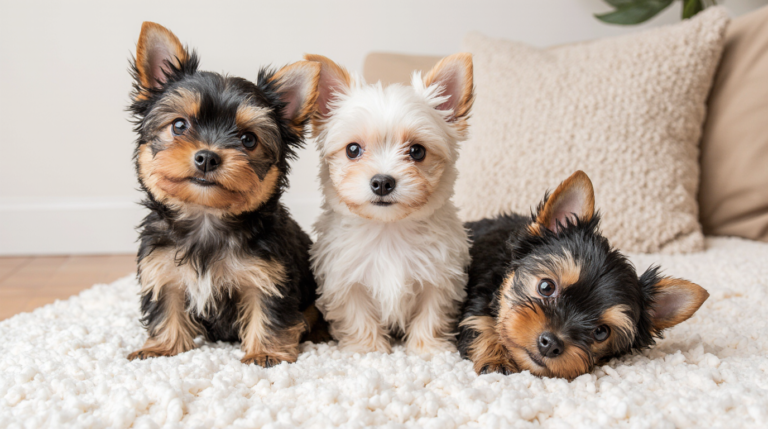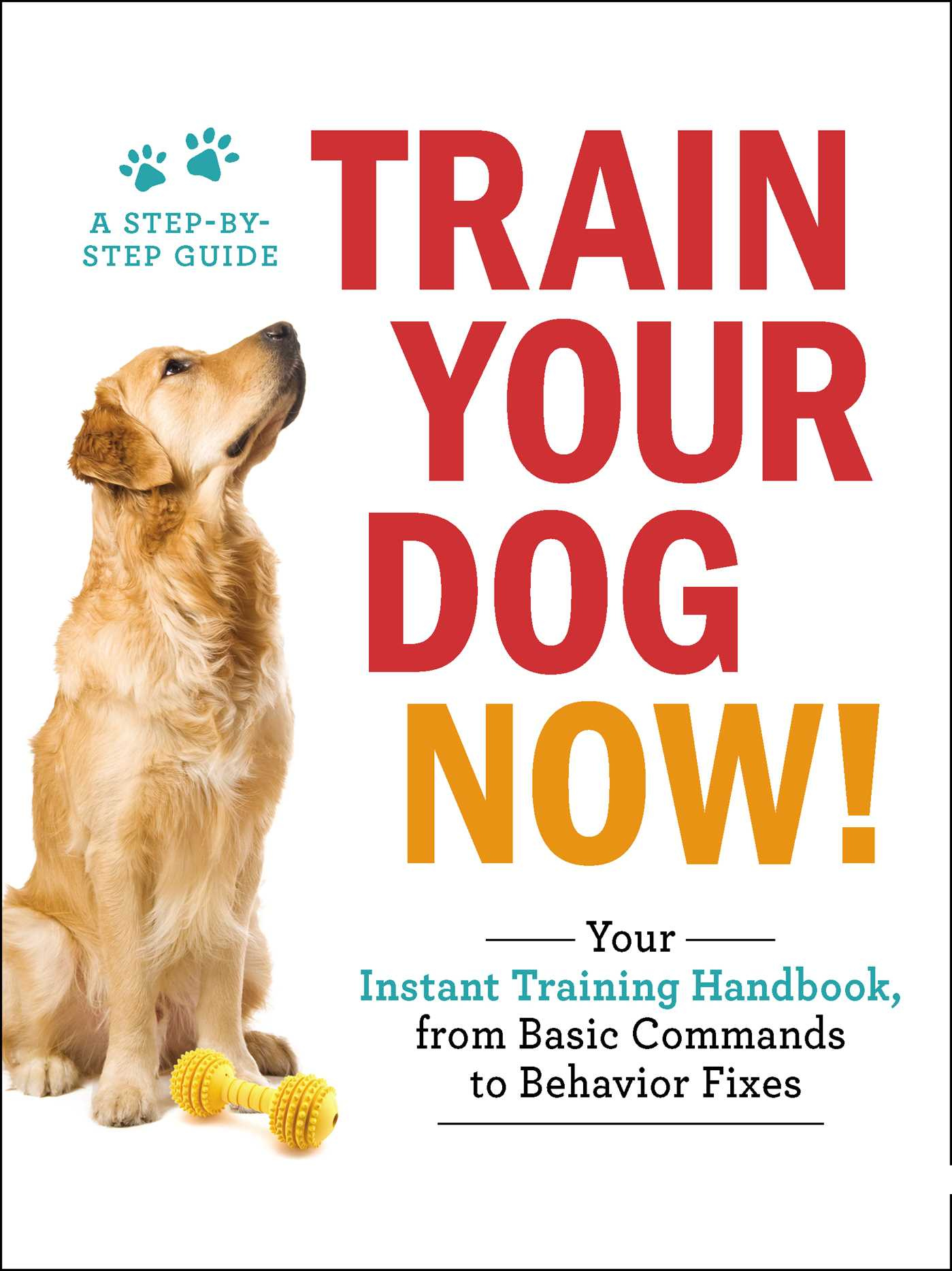red golden retriever puppies
Red Golden Retriever Puppies: Your Complete Guide to Finding and Raising These Stunning Companions
If you’re captivated by the breathtaking beauty and gentle nature of red golden retriever puppies, you’re about to embark on one of the most rewarding journeys in pet ownership. These magnificent dogs represent the perfect blend of striking mahogany coats, intelligent minds, and loving hearts that have made them increasingly sought-after companions across American households. Whether you’re considering adding one of these remarkable pups to your family or simply want to learn more about this stunning color variation, this comprehensive guide will provide everything you need to make informed decisions about red golden retriever puppies.
The allure of red golden retrievers extends far beyond their gorgeous rust-colored coats. These dogs possess the same remarkable temperament, intelligence, and loyalty that have made golden retrievers one of America’s most beloved breeds, while offering a unique aesthetic that turns heads wherever they go. From understanding their distinctive characteristics to navigating the adoption process, you’ll discover why these special dogs have captured the hearts of families nationwide.
Understanding Red Golden Retriever Puppies: What Makes Them Special
Your journey into the world of red golden retriever puppies begins with understanding what sets these dogs apart from their lighter-colored cousins. The Red Golden Retriever is a very popular purebred large-sized working dog with soft features, a red coat color and big brown eyes. It is one color within the Golden Retriever dog breed; not a separate dog breed.
red golden retriever puppiesThis stunning color variation occurs naturally within the golden retriever breed spectrum, representing the darker end of the acceptable color range. The deep, rich mahogany tones create an absolutely breathtaking appearance that photographs beautifully and stands out in any crowd. Yet beneath that gorgeous exterior lies the same wonderful personality that has made golden retrievers America’s third most popular breed.
red golden retriever puppies: The Genetics Behind the Beautiful Red Coat
red golden retriever puppies: The striking red coloration in these puppies stems from specific genetic combinations that concentrate darker pigments in the coat. Unlike some dog breeds where color variations indicate different bloodlines, red golden retrievers share identical genetic foundations with their cream and gold counterparts. This means you’ll receive all the beloved golden retriever traits – intelligence, gentleness, and trainability – wrapped in an exceptionally beautiful package.
red golden retriever puppies: Breeders who specialize in red golden retrievers carefully select breeding pairs that consistently produce these deeper color tones. This selective breeding doesn’t compromise health or temperament; instead, it focuses on preserving and enhancing this naturally occurring color variation while maintaining the breed’s excellent characteristics.
Physical Characteristics That Set Them Apart
Red golden retriever puppies develop into stunning adult dogs with several distinctive physical features:
Coat Color and Texture: The most obvious distinguishing feature is their rich, deep red to mahogany coat that often appears almost copper-colored in certain lighting. Their double-coat provides excellent protection from weather while maintaining the soft, feathery texture golden retrievers are famous for.
Size and Build: These dogs maintain the same size standards as traditional golden retrievers, with males typically reaching 65-75 pounds and females 55-65 pounds when fully grown. Their sturdy, well-proportioned build makes them excellent family companions and working dogs.
Facial Features: Red golden retrievers possess the same gentle, intelligent expression that makes all golden retrievers so appealing. Their dark brown eyes create beautiful contrast against their red coats, while their friendly demeanor shines through their facial expressions.
Finding Quality Red Golden Retriever Breeders: Your Path to a Healthy Puppy
Locating reputable red golden retriever breeders requires careful research and patience, as these specialized dogs are less common than traditional golden retrievers. Your investment in finding the right breeder will pay dividends throughout your dog’s lifetime through better health, temperament, and overall quality.
red golden retriever puppies: Essential Questions to Ask Potential Breeders
Health Testing Documentation: Responsible breeders perform comprehensive health screenings on all breeding dogs. Ask for documentation of hip and elbow dysplasia clearances, eye examinations, and cardiac evaluations. These tests help ensure your puppy has the best possible chance of living a long, healthy life.
Breeding Philosophy and Experience: Inquire about the breeder’s experience with red golden retrievers specifically. How long have they been working with this color variation? What motivated their focus on red goldens? Their answers will reveal their dedication and knowledge level.
Puppy Socialization Practices: Quality breeders begin socializing puppies from birth, exposing them to various sounds, textures, and experiences. Ask about their socialization protocol and whether you can visit to see how puppies interact with people and their environment.
References and Reviews: Request contact information for previous puppy buyers and veterinary references. Reputable breeders willingly provide this information and often maintain relationships with puppy families throughout the dogs’ lives.
red golden retriever puppies: Red Flags to Avoid When Choosing Breeders
Multiple Litters Available: Be cautious of breeders who always have puppies available or maintain multiple breeding females. Quality breeding requires careful planning and adequate recovery time between litters.
Unwillingness to Show Breeding Facilities: Legitimate breeders welcome visits to their facilities. If a breeder insists on meeting elsewhere or refuses facility tours, consider this a major warning sign.
No Health Testing Documentation: Any breeder who cannot provide health clearances for breeding dogs should be avoided completely. This documentation is essential for responsible breeding practices.
Pressure Sales Tactics: Quality breeders often have waiting lists and don’t need to pressure buyers. They’re more interested in finding appropriate homes than making quick sales.
Red Golden Retriever Puppy Price: Understanding Your Investment
When considering a red golden retriever puppy price, you’re investing in much more than just a pet – you’re bringing home a family member who will provide years of companionship, love, and joy. The typical Golden Retriever price is $1,000–$3,500 if purchased from a reputable breeder. However, red golden retrievers often command premium prices due to their rarity and specialized breeding.
Factors Affecting Price Ranges
Breeder Reputation and Experience: Established breeders with proven track records in red golden retrievers typically charge higher prices. Their expertise, health testing, and breeding program investments justify these premium costs.
Geographic Location: Prices vary significantly by region, with urban areas and regions with limited breeders typically seeing higher costs. Rural areas may offer more competitive pricing, though travel costs should be considered.
Health Clearances and Testing: Puppies from parents with extensive health clearances cost more initially but potentially save thousands in veterinary expenses later. This investment in health testing directly benefits your puppy’s long-term wellbeing.
Show vs. Pet Quality: Show-quality puppies with exceptional conformation command higher prices than pet-quality dogs. However, pet-quality red golden retrievers make equally wonderful family companions.
Price Comparison Table
| Breeder Type | Price Range | What’s Included | Health Guarantees |
|---|---|---|---|
| Premium Specialty Breeders | $2,500 – $4,000 | Health clearances, early training, lifetime support | 2+ year health guarantees |
| Reputable Local Breeders | $1,800 – $2,800 | Basic health clearances, socialization | 1-2 year health guarantees |
| Backyard Breeders | $800 – $1,500 | Limited health testing, minimal socialization | Limited or no guarantees |
| Puppy Mills | $500 – $1,200 | No health testing, poor conditions | No guarantees (avoid completely) |
Hidden Costs to Consider
Initial Setup Expenses: Budget $500-$1,000 for essential supplies including quality food, toys, bedding, crates, and grooming tools. Red golden retrievers have the same needs as any large breed puppy.
Veterinary Care: First-year medical expenses typically range $800-$1,500 for vaccinations, spaying/neutering, and routine care. Emergency fund recommendations suggest maintaining $2,000-$5,000 for unexpected medical needs.
Training and Socialization: Professional training classes cost $200-$600 but provide invaluable foundations for well-behaved adult dogs. This investment pays dividends throughout your dog’s lifetime.
Ongoing Care Costs: Annual expenses for food, grooming, veterinary care, and supplies typically range $1,200-$2,000 for red golden retrievers.
Red Golden Retriever Adoption: Alternative Paths to Finding Your Perfect Companion
Red golden retriever adoption offers a meaningful alternative to purchasing from breeders while potentially saving a deserving dog’s life. Although red golden retrievers are less common in rescue situations due to their desirability, patient searchers can find these beautiful dogs through various adoption channels.
Breed-Specific Rescue Organizations
Golden retriever rescue organizations occasionally have red golden retrievers available for adoption. These groups understand the breed intimately and work diligently to match dogs with appropriate families. They often provide valuable information about each dog’s personality, training needs, and health status.
National Golden Retriever Rescue Networks: Several national organizations coordinate rescue efforts across multiple states, increasing your chances of finding red golden retrievers available for adoption.
Regional Breed Clubs: Local golden retriever clubs often maintain rescue committees and can alert you when red golden retrievers become available through their networks.
Benefits of Choosing Adoption
Adult Dogs with Known Personalities: Many rescue dogs are adults whose personalities are fully developed, allowing you to choose a dog whose temperament matches your lifestyle perfectly.
Pre-Training Advantages: Rescued red golden retrievers often arrive with basic training, house-breaking, and socialization already established, saving you significant time and effort.
Health Information: Rescue organizations typically provide comprehensive health information and address medical needs before placement, giving you complete transparency about your new companion’s condition.
Cost Savings: Adoption fees ($200-$800) are significantly lower than breeder prices while often including spaying/neutering, vaccinations, and microchipping.
Adoption Application Process
Comprehensive Applications: Rescue organizations require detailed applications covering your experience with dogs, living situation, family members, and lifestyle. This thoroughness ensures appropriate matches between dogs and families.
Home Visits: Many rescues conduct home visits to assess your living environment and ensure it’s suitable for a large breed dog like a red golden retriever.
Reference Checks: Expect reference checks with veterinarians, previous pet experiences, and personal references. This process protects both you and the dog by ensuring good matches.
Trial Periods: Some organizations offer trial periods allowing you to ensure compatibility before finalizing adoption. This arrangement benefits everyone involved by reducing the risk of returns.
Finding Red Golden Retriever Puppies Near Me: Local Search Strategies
Your search for red golden retriever puppies near me requires strategic planning and multiple approaches, as these special dogs aren’t available everywhere. Success depends on patience, networking, and utilizing various resources to locate reputable sources within reasonable traveling distance.
Online Resources and Databases
American Kennel Club Breeder Directory: The AKC maintains a comprehensive breeder directory where you can search for golden retriever breeders by location. Contact listed breeders to inquire about red color specializations.
Golden Retriever Club of America: This parent breed club provides breeder referrals and maintains lists of members who focus on specific aspects of golden retriever breeding, including color variations.
Specialized Breed Websites: Several websites focus specifically on red golden retrievers and maintain breeder directories, available litter announcements, and educational resources.
Social Media Groups: Facebook groups dedicated to red golden retrievers often share breeder recommendations, available litter announcements, and connect prospective buyers with reputable sources.
Networking Through Dog Communities
Local Dog Shows and Events: Attending dog shows, golden retriever specialty events, and training competitions provides opportunities to meet breeders and see their dogs in person.
Veterinary Recommendations: Local veterinarians often know reputable breeders in your area and can provide valuable recommendations based on their professional relationships.
Pet Store Partnerships: Some quality pet stores maintain relationships with local breeders and can provide referrals (avoid pet stores that sell puppies directly).
Training Facilities: Professional dog trainers frequently work with various breeds and may know breeders specializing in red golden retrievers.
Health Considerations for Red Golden Retriever Puppies
Understanding the health profile of red golden retriever puppies ensures you’re prepared for potential medical needs while maximizing your dog’s chances for a long, healthy life. These dogs share the same health considerations as all golden retrievers, with no additional risks associated with their coat color.
Common Health Conditions in Golden Retrievers
Hip and Elbow Dysplasia: These hereditary conditions affect joint development and can cause lameness or arthritis. Quality breeders screen breeding dogs through OFA or PennHIP evaluations to minimize risk.
Eye Conditions: Progressive retinal atrophy, cataracts, and other eye disorders occur in golden retrievers. Annual eye examinations by veterinary ophthalmologists help detect and manage these conditions.
Heart Conditions: Subvalvular aortic stenosis and other cardiac issues can affect golden retrievers. Cardiac clearances from board-certified cardiologists help ensure breeding dogs have healthy hearts.
Cancer Predisposition: Golden retrievers have higher cancer rates than many breeds, with hemangiosarcoma and lymphoma being particularly common. While not preventable, awareness helps with early detection and treatment.
Preventive Health Measures
Quality Nutrition: Feeding premium puppy food formulated for large breeds supports proper growth and development. Avoid overfeeding, as excess weight stresses developing joints.
Appropriate Exercise: Moderate exercise promotes healthy development without overwhelming growing bones and joints. Swimming provides excellent low-impact exercise for golden retrievers of all ages.
Regular Veterinary Care: Establishing relationships with qualified veterinarians ensures prompt attention to health concerns and maintains preventive care schedules.
Environmental Considerations: Golden retrievers thrive in moderate climates and need protection from extreme temperatures. Their dense coats require attention during hot weather to prevent overheating.
Training and Socialization for Red Golden Retriever Puppies
Red golden retriever puppies possess the same exceptional intelligence and trainability that make golden retrievers outstanding family companions and working dogs. Raising a red golden retriever puppy requires patience, consistency, and lots of love. These puppies are full of energy, so early socialization and training are essential to help them grow into well-behaved, happy adult dogs.
Essential Early Training Focus Areas
House Training: Golden retrievers are intelligent and eager to please, making house training relatively straightforward with consistency and positive reinforcement. Establish regular schedules and reward successful outdoor elimination.
Basic Commands: Start with fundamental commands like sit, stay, come, and down. Golden retrievers excel at learning these basics and build confidence through successful training experiences.
Leash Training: Teaching proper leash manners early prevents pulling problems as your puppy grows into a strong adult dog. Positive reinforcement methods work exceptionally well with golden retrievers.
Bite Inhibition: All puppies need to learn appropriate bite pressure and mouth control. Golden retrievers have soft mouths naturally but still require guidance about appropriate play behavior.
Socialization Strategies for Well-Rounded Dogs
People Exposure: Introduce your puppy to people of various ages, sizes, and appearances to build confidence and friendliness. Golden retrievers are naturally social but benefit from diverse experiences.
Animal Interactions: Controlled introductions to other dogs, cats, and animals help develop appropriate social skills. Puppy classes provide excellent structured socialization opportunities.
Environmental Exposure: Expose puppies to various sounds, surfaces, and environments during the critical socialization period (8-16 weeks). This broad exposure creates confident, adaptable adult dogs.
Handling Practice: Regular handling of paws, ears, mouth, and body prepares your puppy for grooming and veterinary examinations throughout their life.
Grooming and Care Requirements
Red golden retrievers require regular grooming to maintain their beautiful coats and overall health. Their stunning red color actually makes grooming more rewarding, as proper care enhances the richness and shine of their distinctive coats.
Daily and Weekly Grooming Routines
Brushing Requirements: Daily brushing prevents matting and reduces shedding throughout your home. Use quality slicker brushes and metal combs designed for double-coated breeds.
Bathing Schedules: Monthly baths or as needed maintain coat cleanliness without stripping natural oils. Use dog-specific shampoos that enhance red coat colors and maintain skin health.
Nail Care: Weekly nail trims prevent overgrowth and maintain healthy feet. Start nail handling early to ensure your dog accepts this necessary grooming practice.
Ear Cleaning: Weekly ear cleaning prevents infections common in dogs with folded ears. Golden retrievers’ ear structure can trap moisture and debris without regular attention.
Seasonal Grooming Considerations
Spring Shedding: Golden retrievers shed heavily twice yearly, requiring daily brushing during these periods. Professional grooming services can help manage excessive shedding.
Summer Care: Hot weather requires attention to prevent overheating. Consider professional summer clips in extremely hot climates while maintaining the breed’s distinctive appearance.
Winter Protection: Cold weather can dry skin and coat. Adjust bathing frequency and consider coat conditioners to maintain moisture during harsh weather.
Choosing the Perfect Red Golden Retriever Puppy
Selecting your ideal red golden retriever puppy involves evaluating temperament, health, and compatibility with your family’s lifestyle. This decision will impact the next 12-15 years of your life, making careful consideration essential for success.
Temperament Evaluation Techniques
Observe Interaction Styles: Watch how puppies interact with littermates and people. Look for confident, friendly puppies who approach willingly but aren’t overly dominant or submissive.
Response to Handling: Quality puppies accept gentle handling of paws, ears, and mouth without excessive stress or aggression. This acceptance indicates good temperament and future grooming cooperation.
Play Behavior: Healthy puppies engage in appropriate play behavior with littermates and toys. Avoid puppies who are excessively rough or completely withdrawn from play activities.
Recovery from Stress: Notice how puppies respond to mild stress like loud noises or separation from littermates. Good puppies recover quickly and return to normal behavior.
Health Assessment Guidelines
Physical Examination: Puppies should have clear, bright eyes; clean ears; healthy-looking coats; and appropriate weight for their age. Avoid puppies showing signs of illness or poor condition.
Energy Levels: Healthy puppies are active and alert during appropriate times. Excessive lethargy or hyperactivity can indicate health or temperament issues.
Eating Behavior: Good puppies show healthy appetites and compete appropriately for food without excessive food guarding or disinterest in eating.
Movement Quality: Watch puppies move naturally. Any lameness, unusual gait patterns, or coordination problems require veterinary evaluation.
Living with Red Golden Retriever Puppies: What to Expect
Bringing home your red golden retriever puppy marks the beginning of an incredibly rewarding relationship that will enrich your family’s life immeasurably. Understanding what to expect during the first months helps you prepare appropriately and enjoy the journey fully.
The First Week: Adjustment Period
Sleep Disruption: Expect interrupted sleep as your puppy adjusts to their new environment. Crate training helps establish routines and provides security for anxious puppies.
House Training Accidents: Accidents are normal during the adjustment period. Maintain consistent schedules and clean accidents thoroughly to prevent repeat incidents.
Exploration Behavior: Puppies explore their new environment through sight, smell, and unfortunately, chewing. Puppy-proof your home and provide appropriate chew toys.
Bonding Development: The first week begins the bonding process between your puppy and family members. Spend quality time together while allowing adequate rest periods.
Monthly Development Milestones
| Age | Physical Development | Training Milestones | Health Needs |
|---|---|---|---|
| 8-12 weeks | Rapid growth, coordination improving | Basic commands, house training foundation | First vaccinations, deworming |
| 3-4 months | Teething begins, adult teeth emerging | Advanced commands, leash training | Second vaccination series |
| 5-6 months | Significant size increase, coordination maturing | Reliable house training, social skills | Spay/neuter consideration |
| 7-12 months | Approaching adult size, energy stabilizing | Advanced training, problem-solving | Adult food transition |
Long-Term Expectations
Exercise Requirements: Adult red golden retrievers need 60-90 minutes of daily exercise including walks, play, and mental stimulation. This requirement remains consistent throughout their adult years.
Social Needs: These dogs thrive on human interaction and don’t do well when left alone for extended periods. Plan for companionship or consider doggy daycare for working families.
Mental Stimulation: Intelligent breeds like golden retrievers need mental challenges to prevent boredom-related behaviors. Training, puzzle toys, and varied activities keep their minds engaged.
Seasonal Activity Adjustments: Adapt activities to weather conditions, providing indoor alternatives during extreme temperatures while maintaining exercise consistency.
Key Takeaways for Prospective Red Golden Retriever Owners
Research and Patience Pay Off: Finding quality red golden retriever puppies requires thorough research and patience. Avoid impulse decisions that could lead to disappointment or problems later.
Health Testing is Non-Negotiable: Only work with breeders who provide comprehensive health clearances for breeding dogs. This investment protects your puppy’s long-term health and your financial wellbeing.
Training Starts Immediately: Begin training and socialization from day one. Golden retrievers are highly trainable, making early investment in training incredibly rewarding.
Grooming is Ongoing: The beautiful red coat requires regular maintenance throughout your dog’s life. Factor grooming time and costs into your long-term planning.
Adoption is a Viable Option: Don’t overlook rescue organizations when searching for red golden retrievers. These dogs need homes and often make exceptional family companions.
Lifetime Commitment: Red golden retrievers live 10-12 years and require consistent care, training, and companionship throughout their lives. Ensure you’re prepared for this long-term responsibility.
Frequently Asked Questions About Red Golden Retriever Puppies
Are red golden retrievers a separate breed from regular golden retrievers?
No, red golden retrievers are simply a color variation within the standard golden retriever breed. It is one color within the Golden Retriever dog breed; not a separate dog breed. They possess identical temperament, intelligence, and physical characteristics except for coat color.
Do red golden retrievers cost more than traditional golden retrievers?
Yes, red golden retrievers typically command premium prices due to their rarity and specialized breeding. Expect to pay 20-40% more than traditional golden retriever prices from comparable breeders.
Are red golden retrievers harder to train than other golden retrievers?
No, coat color has no impact on trainability or intelligence. Red golden retrievers possess the same exceptional learning ability and eagerness to please that makes all golden retrievers outstanding training candidates.
Do red golden retrievers have different health concerns?
Red golden retrievers have identical health profiles to other golden retrievers. Coat color doesn’t influence health predispositions, life expectancy, or medical care requirements.
How can I tell if a red golden retriever puppy will maintain its color as an adult?
Puppy coats often change as dogs mature, typically becoming slightly lighter or darker. Reputable breeders can provide guidance based on the puppy’s parents and their experience with color development in their breeding lines.
What’s the difference between red and mahogany golden retrievers?
These terms often describe the same dogs, with mahogany typically referring to the darkest red golden retrievers. Both fall within the acceptable golden retriever color spectrum and represent natural variations.
Do red golden retrievers shed more than other golden retrievers?
Shedding amount depends on individual dogs and seasonal factors rather than coat color. All golden retrievers are moderate to heavy shedders, requiring regular grooming regardless of color.
Can red golden retrievers compete in dog shows?
To be recognized by the AKC, Golden Retrievers need to have certain traits: Distinct golden coat color, ranging from light to dark shades, or a rich, vibrant red tone Yes, red golden retrievers can compete in AKC conformation events as they fall within acceptable breed standards for golden retrievers.
Your Journey to Red Golden Retriever Ownership Begins Now
The path to welcoming a red golden retriever puppy into your family represents more than acquiring a pet – you’re gaining a loyal companion, family member, and source of unconditional love that will enrich your lives for years to come. These remarkable dogs combine the beloved golden retriever personality with stunning visual appeal that makes them truly special additions to the right families.
Whether you choose to work with specialized red golden retriever breeders, explore red golden retriever adoption opportunities, or continue researching red golden retriever puppy price ranges, remember that patience and thorough research will reward you with the perfect companion for your family’s unique needs and lifestyle.
Take action today by beginning your research into reputable sources, preparing your home for a new puppy, and making the financial preparations necessary for responsible dog ownership. Your future red golden retriever is waiting for you, and the joy they’ll bring to your family will exceed every expectation you have about dog ownership.
Ready to take the next step? Contact reputable breeders in your area, reach out to golden retriever rescue organizations, and begin preparing your home for the arrival of your magnificent red golden retriever puppy. The adventure of a lifetime awaits!

